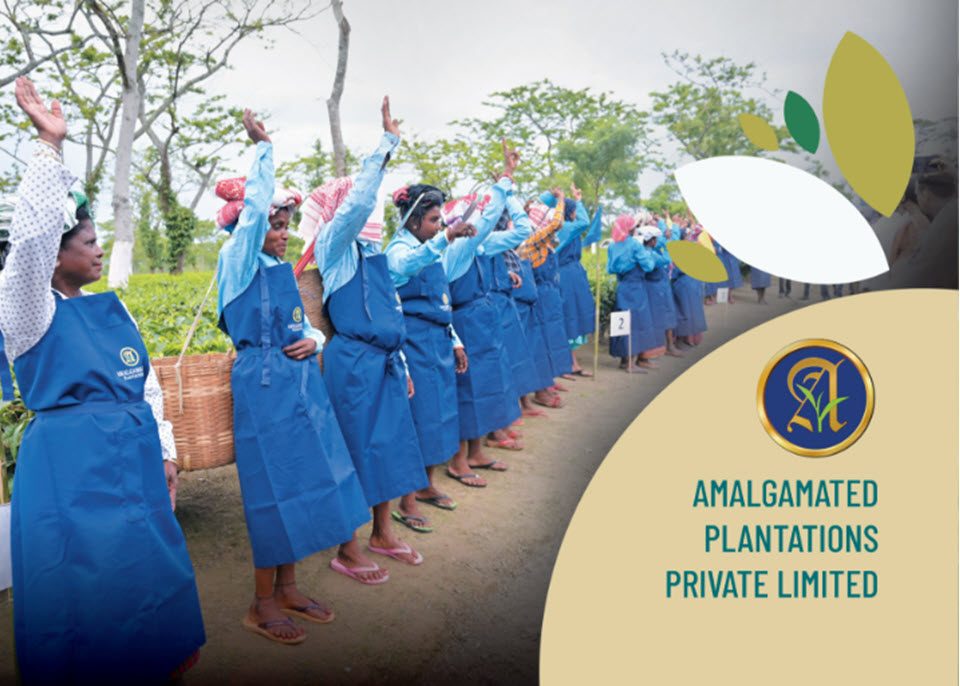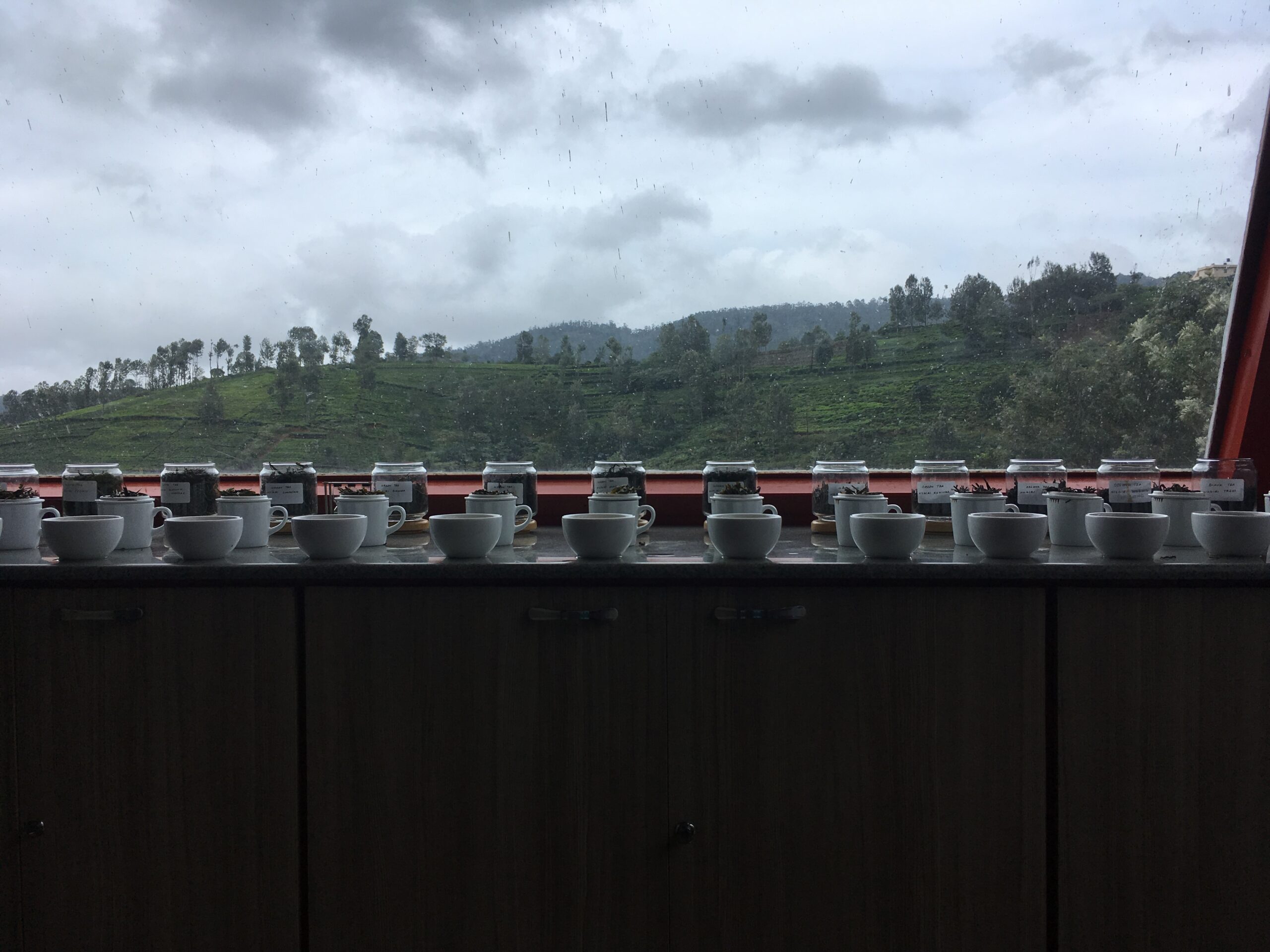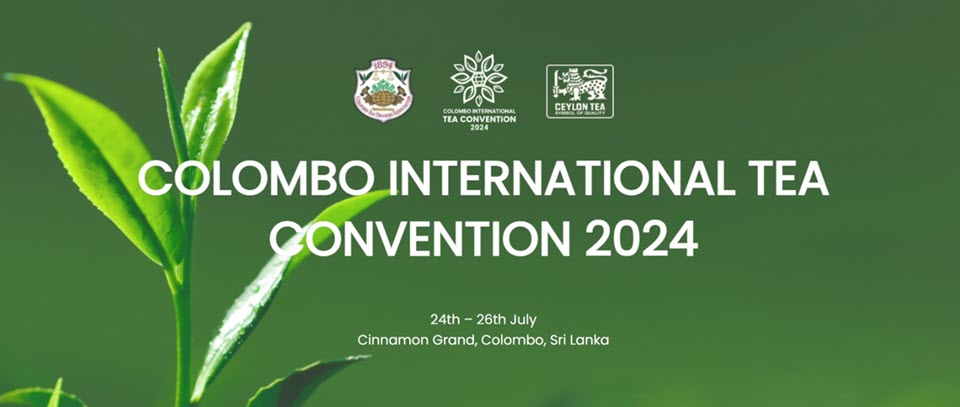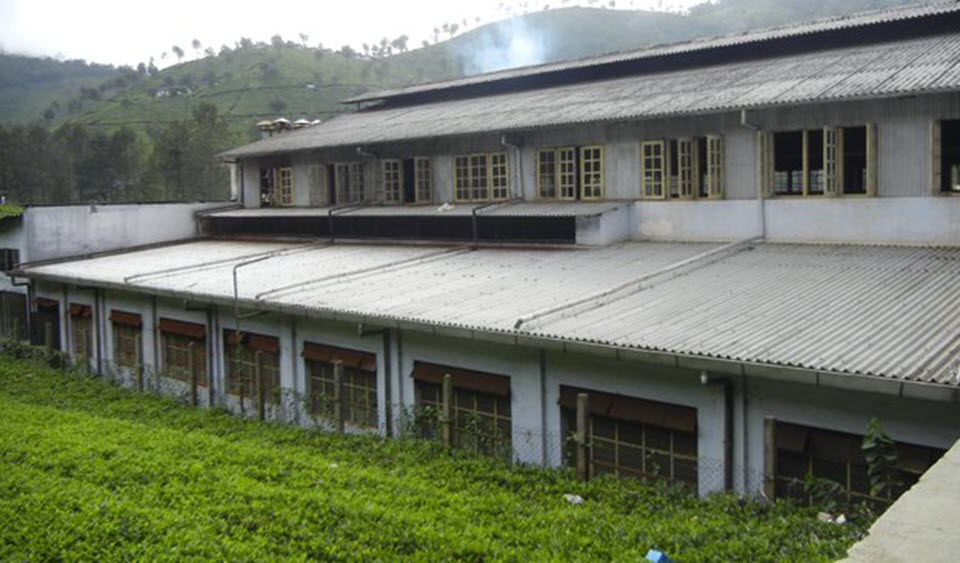By Aravinda Anantharaman | Managing Editor
India Tea News for the week ending April 26, 2024

Tea from Nepal Stopped for Testing
After repeated urging from Darjeeling’s tea planters, the Centre has issued a circular stating that every batch of tea entering India from Nepal must be tested for pesticide residues. Until now, Customs has tested a small percentage of the samples randomly. With the new amendment, every batch comes under scrutiny. The testing is done at the National Food Laboratory, Kolkata, and takes 15 days. This means the trucks carrying the tea will remain at the roadside awaiting results. Nepal depends on India as over 90% of its tea is exported here. However, Darjeeling’s tea planters have insisted that the Centre stop Nepal tea imports as it has affected both the quality of tea sold as Darjeeling tea (blended with Nepal tea) and prices. Further, India pays a 40% import duty on Nepal tea, while Nepal is not obliged to pay any for imports from India following a trade agreement. Non-compliance to food safety standards is a pressing concern in the Indian tea industry. – Kathmandu Post
Tata Reports Revenue from Premium and Sub-Premium Brands
Money Control has reported that premium and sub-premium brands brought over two-thirds of Tata Consumer Products’ revenue for the financial year that just ended. Tata Tea Gold, Tata Tea Premium, and Tetley Green Tea performed well, with e-commerce driving sales. It is a sign that consumers seek better quality tea via recognized brands. Informist Media has reported that in the financial year ending March 2023, TCPL bought 20.7 mn kilos of tea from North Indian auction centers, averaging Rs 170 per kilo. The market leader, Hindustan Unilever, bought 51.3 mn kilos at an average price of Rs 179.6 per kilo. Lower prices at auctions indicate that both companies stand to earn higher margins.
India Halts Tea Exports to West Asia
As tensions increase between Iran and Israel, Indian tea sellers have halted exports to Iran and the Middle East. Shipping companies are also expected to stay away from these ports. This will be a setback for Indian tea as Iran—once a major buyer—is also a gateway to West Asian countries.
Powered by RedCircle








